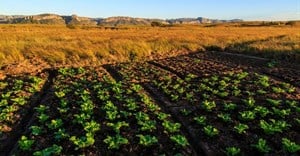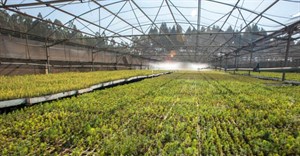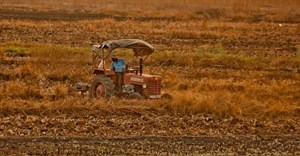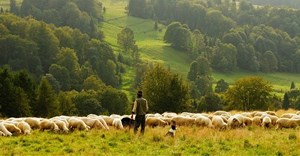
Sustainable primary production needs a new approach
While a business-like approach is essential, South African farmers need to shift from a product to a process perspective. This is according to Nico Groenewald, head of Agribusiness at Standard Bank.

© dutchlight – za.fotolia.com
The rise in input costs is outpacing increases in product prices. This is evident in the Department of Agriculture, Fisheries and Forestry's Economic Review for Agriculture in 2012/2013, where the terms of trade in agriculture further decreased by 1.1%, from 0.87 in 2011/12 to 0.86 in 2012/13. The terms of trade indicate the extent to which producer prices received by farmers kept pace with the prices paid for farming requisites.
One way of countering the imbalance is to increase the volume of product output, using economies of scale. Most producers try to achieve this by increasing the size of their operations.
Groenewald says a less risky and less costly way of achieving higher output is simply to become more efficient. "You should aim to produce more with the same land, input, and labour. Only once you have squeezed the last drop of productivity from what you already have, should you consider extending your energy and money into acquisition. Go better before you go bigger."
Better operational options
Becoming more efficient is easier today than for previous generations of farmers. "Technology is advancing very quickly, giving farmers more and better operational options all the time," says Groenewald. "This is not just in the form of tractors and implements, but also in terms of enhanced collection and analysis of data, enabling better decision-making and risk management."
By making precision farming possible, technology reduces the resources needed to increase production and improve products. For instance, it enables farmers to reduce and improve their water usage, cutting costs and positioning them to meet their environmental responsibilities.
Technology also gives farmers the means to reduce their consumption of electricity from the national grid and generate their own power. Again, this cuts operational costs, reduces risk, and protects the environment.
"All these innovations and advancements make producers more profitable which, in turn, positions them to pay better wages," says Groenewald. "There is a tendency to think that technology replaces employees. In fact, it provides the impetus for upskilling workers. No producer would put millions of rands worth of equipment in the hands of someone who does not know how to operate it safely and productively."
Impact of technology
"The continuous process of upskilling, that we see as being inevitable, will deepen the agricultural resource base in general. We also believe technology will directly assist with job creation. Because technology makes farmers more productive, it triggers growth upstream, among suppliers, downstream, in terms of beneficiation, and in logistics throughout the supply chain. This automatically creates job opportunities across the value chain."
Groenewald cites the grain industry as a case in point. "Grain farming is inherently less labour intensive than some other agricultural sectors and, because of recent good prices coupled with ongoing improvements in genetics, the industry can afford to take advantage of the latest technology.
"It is likely, therefore, that the grain sector will set an example of how taking a process-based approach - that uses the most relevant combination of skills and technology to increase one's output - enables farmers to convert today's challenges into opportunities for growth and profit that simply didn't exist years ago."














